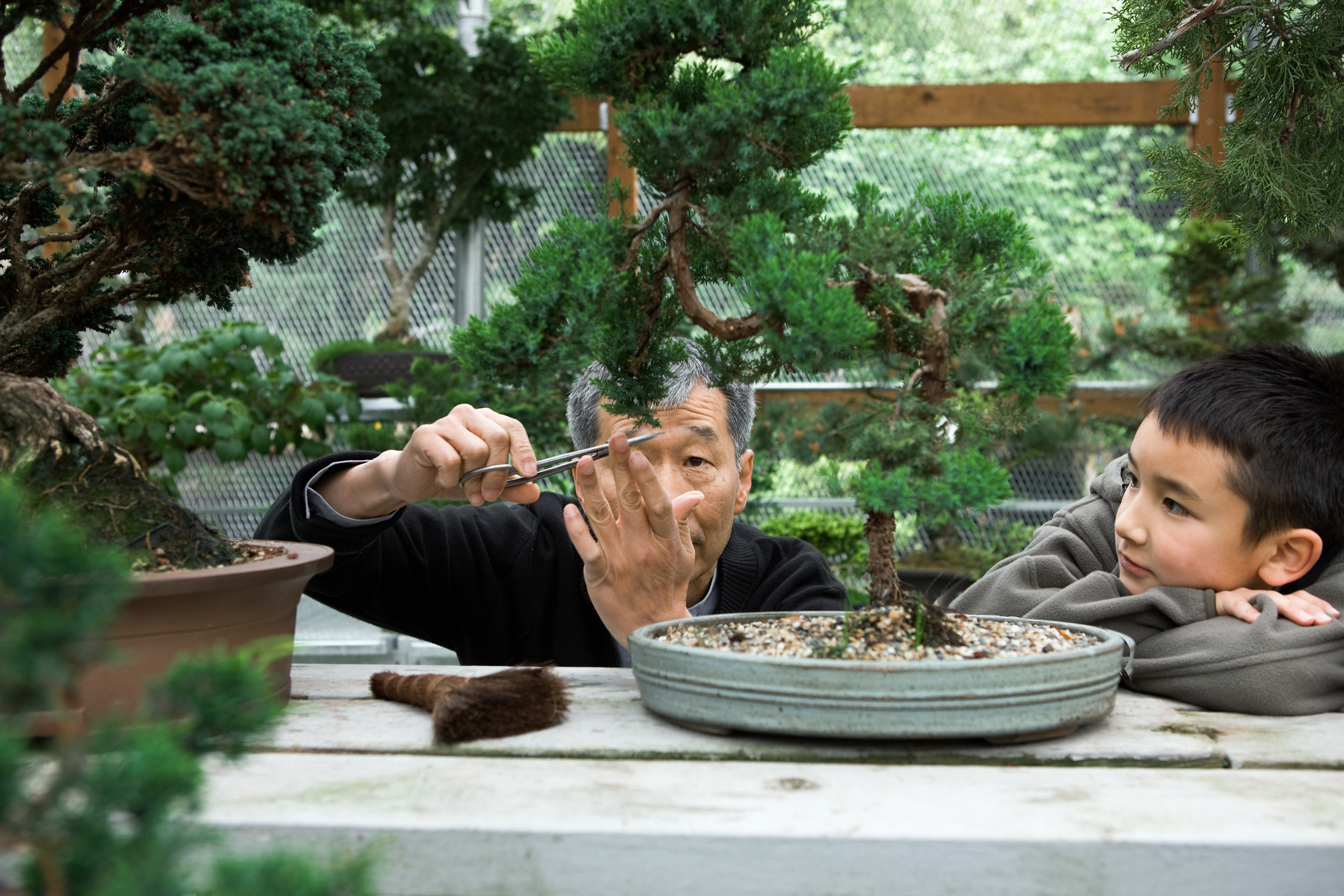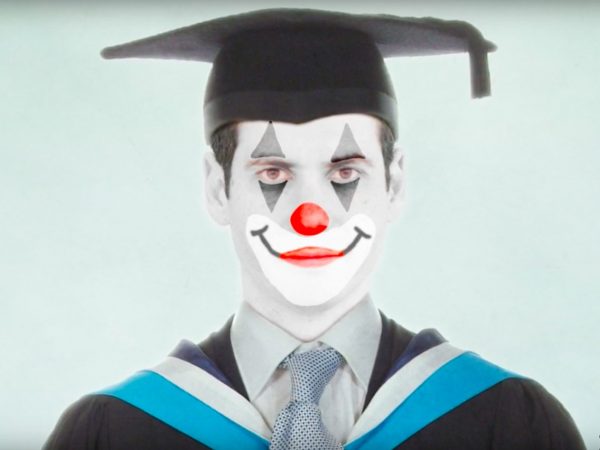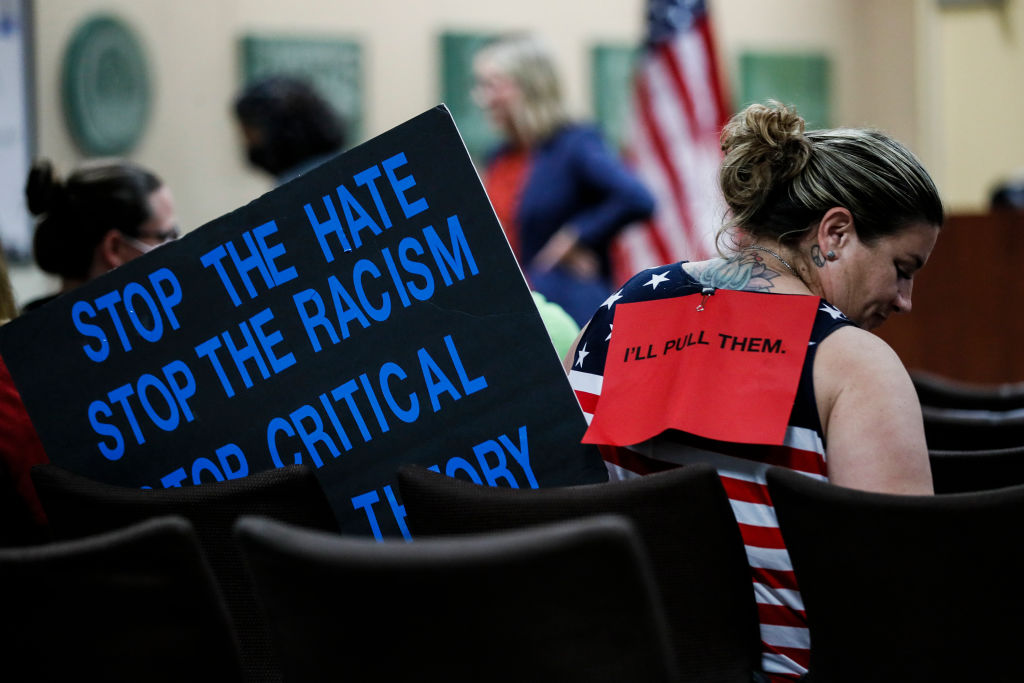Classical education is rising up to take its place.
To Be Capable of Freedom

Ought schools teach "essential knowledge" or "critical thinking"?
As World War II ended, people learned of the horrors of the Holocaust and prepared for the realities of a nuclear age. Many believed humanity would have to improve to be capable of dealing with such power. Ever more secular and scientific elites placed faith in education: experts would have to conceive of a more enlightened tutelary system that gave citizens the ability to defy manipulation and the wisdom to manage nuclear weapons.
But the imperatives and inertia of elite culture concentrated this type of education in the minds of the fast-growing expert class itself. Ordinary citizens could shoulder no nuclear responsibilities, and the socioeconomic need for mass receptivity to “good” propaganda such as advertising and publishing favorable to governments pointed the logic of educational reform in much different direction, toward the standardized production of industrial workers. Fears of communism bred a fear of open discussion and school districts across America demanded that teachers signed loyalty oaths. As critical thinking became dangerous territory, schools doubled down on a “life adjustment” approach.
Criticism of this approach was relegated to relative eccentrics. In a 1947 essay, The Lost Tools of Learning, Oxford-educated detective novelist and Dante scholar Dorothy Sayers attacked the instrumental approach as “a set of complicated jigs, each of which will do but one task and no more, and in using which eye and hand receive no training, so that no man ever sees the work as a whole or ‘looks to the end of the work.’” We must return, she argued, to the old “scholastic discipline” of teaching how to extract principles, solve problems, and critique arguments.
At a time when “critical thinking” and “critical theory” have more often become campus substitutes for knowledge than paths to understanding, holistic objections to instrumental education sound suspiciously relativistic. But the bygone era of learning and teaching they often invoked—that of the classical trivium of grammar, logic, and rhetoric—centered expressly around the discernment of truth in word, thought, and speech.
The enlightened education plans of the post-war reformers abandoned truth and discernment in favor of programming students with “essential knowledge”—a utilitarian criterion so amorphous that it has grown over the decades into a vast checklist, sprawling, often perplexing, and sometimes self-undermining. “The times” demand constant, reactive adaptation. More emphasis is continually put on integrating technology into every lesson and making sure students always feel comfortable. Even as a certain strain of ethics and moralism comes back into fashion, the checklist approach more than dominates over discernment. Schools exist to teach students what they need to know, or even what they need to believe, with little concern for whether or not they know how to think.
As we descend deeper into the Fourth Industrial Revolution, this appears more foolish than ever. Children born today might find their field obsolete before they even complete their course of study. Any task that can be learned is susceptible to automation. While there are certainly many specific skills and understandings that all students need to master, future job success will hinge on their competence at the most distinctly human of tasks and vocations. Computers are not optimized to understand and wrestle with human truths in order to preserve and strengthen human institutions.
This crucial insight will be forgotten if we continue to view education as career preparation rather than the fundamental process by which a population is made capable of navigating life in this or any century. Our societies are plagued by rampant obesity, declining mental health, and increasingly aggressive tribalism. We have lost preparation for a world of infinite temptation, where our attention is co-opted and our impulses hacked and tracked for other people’s purposes. We have not been taught to use our smartphones without being used by them or to understand the most basic psychological necessities for building healthy relationships, recognizing cognitive biases, or cultivating our own wellbeing. Most of all, we lack the training necessary to make sense of the world, put events into context, and come to informed decisions. We are woefully unprepared for the world we inherit—superintelligent moths who neglect to teach their children about flames.
Into the Bug Zapper
Technology and marketing investment have made us far more susceptible to propaganda, disseminated through what we now call marketing and “socially conscious” business. Experts estimate that we see anywhere from 4,000 to 10,000 advertisements per day, each working to subtly shift our collective desires, beliefs, and expectations. This is the explicit goal. Only now, after a half-century of inducing ever more consumption, our propagandists now push us to consume radically less—in the real world, anyway. The received wisdom expressed in 1955 by marketing consultant Victor Lebow—“we need to have people eat, drink, dress, ride, live, with ever more complicated and, therefore, constantly more expensive consumption… at an ever-accelerating rate”—has been technologically substituted by a new socioeconomic creed of being consumed. The new vogue is to hand ourselves over to causes and systems that engross us in practices that reduce our real-world activity, mobility, and vitality.
Smartphones now allow companies to track our behavior and individualize our marketing packages so that they become irresistible replacements for satisfactions outside the new virtual world. In the same way that super-engineered foods preyed on our innate cravings for salt, sugar, and fat, social media now preys on our cravings for social approval, beckoning us back to all-consuming inertia with outrage and intermittent likes. The inescapable result: it is harder than ever for people to form sensible decisions and easier than ever for politicians to manufacture public consent.
To rescue our citizenship and our humanity from the runaway expansion of this new power, we need a crash course in better sense-making. Hostile governments have already invested heavily in disinformation campaigns and deepfake apps may soon give all of us the ability to fabricate videos of other people. From within this insane information ecosystem, we’ll encounter a succession of novel challenges: driverless cars; expanded tech surveillance; retraining workers from dying industries; formulating sensible energy policy; and even debating if and when parents should have the ability to improve children’s genes with CRISPR genome-editing technology.
It is hard not to feel overwhelmed by the apparent mismatch between humanity and our challenges. The greater our technological power grows, the more capacity we will have for destruction, and, thus, the easier it will be for governments to justify authoritarian control. It takes a wisdom and maturity we increasingly lack to maintain freedom without slipping into anarchy—especially when our own authoritarian propagandists encourage anarchic habits as a pressure release from resentment and anger toward their regime. We see this at every stage of life today. Without limits, children will stay up all night playing video games; college students will subsist on Pizza Rolls and Coke; adults will pay more attention to their phones than their neighbors, their cities, or their country.
Only a mature population is capable of self-governance. And, in fact, those who are given boundaries and direction still tend to be capable of handling the freedom of adulthood. They could have Pop Tarts for breakfast and shut down the bars every night, but instead they usually eat sensibly, read books, and devote themselves to worthwhile goals.
Getting there demands a renaissance of pedagogical wisdom, a rebuilding of teaching institutions among those willing and able to exit the dominant system and begin anew. There are signs of green shoots: classical education rooted in the trivium is gaining prominence in many religious and private schools, and more public intellectuals are speaking in contemporary ways about the old truths. In a recent interview with Bret Weinstein, Daniel Schmachtenberger argued that the way for society to avoid descending into either chaos or authoritarianism is for education to develop students’ so-called first, second, and third person epistemics. Third person epistemics refer to the basic processes by which we determine truth from falsehood—logic, scientific methods, and the dialectical process where ideas are held up to disciplined critique. Dorothy Sayers was focused primarily on these skills. First and second person epistemics are about recognizing your own emotions and biases (in order to manage them), as well as other people’s (in order to empathize, consider their views, and communicate better). It is to recognize your own immense propensity to fool yourself and to be able to articulate under criticism the logic of other people’s beliefs. This requires humility, emotional maturity, and a solid grasp of human psychology. Increasingly, it demands the ability to understand which belief systems are dominant in today’s technological age and which are disintegrating under its pressure.
Of course, one can’t help but notice that society would need much better first, second, and third person epistemics to be capable of coming together to create this system. The educational reforms necessary are not likely to come from public education. Which is why private schools, public charters, and other independent educational opportunities are essential. The more we can orient discernment around what education should be, the more likely it is that improvements will be made and better options created.
There is a lot more that schools can be doing to develop first and second person epistemics, but beginning with third person epistemics offers some immediate advantages. For students to learn to think better, they must first build a foundation of basic knowledge. As Greg Ashman elegantly points out, “young children are capable of thinking critically about subjects they know a great deal about, whereas trained scientists can fail to think critically in areas where they are less knowledgeable.” Critical thinking in this sense is the natural result of knowledge and interest, not the result of indoctrination into baroque and decadent theories.
Some use this to argue that, in order to promote critical thinking, we should just let students focus on their interests. This approach can work well when teaching students to write and learn formal logic. But some knowledge must be explicitly taught to all students. Notably, for citizens to be capable of participating well in representative democracy, they must understand how to master and test the major themes and ideas in Western thought, especially those developed since the scientific revolution, in a way that ensures advocacy takes a back seat to truth.
History amply shows good intentions almost always become destructive when people shut themselves off from critique. The French Revolution’s Reign of Terror was led by Maximillian Robespierre. But Robespierre was not an ostensibly evil or bloodthirsty character like a Hitler or Stalin. He was nicknamed “The Incorruptible,” for his unshakeable commitment to the French Revolution’s ideals, specifically, his belief in the equality of all people. After becoming France’s leader, he continued to rent a meager one-bedroom apartment and near the end of his reign, he codified the ideals of the French Revolution into a new religion—The Cult of the Supreme Being. It was this certainty in the purity of his cause that allowed him to justify executing more than 17,000 people.
As Robespierre’s commitment became more militant, his tolerance for disagreement diminished and the number of offenses he found traitorous grew. He organized watch committees to police communities of anyone suspected of opposing the revolution or its ideals. Over time, less was required in order to be charged. One winemaker was guillotined for making “sour wine injurious to the health of citizens.” This is typical of witch hunts throughout history. Any doctrine that is not subject to critique will tend to become less reasonable and more likely to be used as justification for tyranny.
To improve our sense-making capacity, students need to be taught rhetoric together with logic and grammar as one discipline expected to be applied in every class. This is a skill in the truest sense, and just like math, the only way to improve is through frequent practice. The environment should encourage critique and debate so that it becomes normal for students to identify red-herrings, strawmen, ad-hominem attacks, and logical breaches of every form. But the most crucial element in all of this is to create an environment that promotes the right attitude. Before students can think critically or creatively, they have to care. Challenge any view that someone cares about and watch as they jump to defend it. To create a culture where students care about pursuing truth, teachers must first care about it. They must value learning for its own sake. From this example, students will develop a belief that quality matters and that falsehood should be challenged—these are the seeds of lifelong learning.
The American Mind presents a range of perspectives. Views are writers’ own and do not necessarily represent those of The Claremont Institute.
The American Mind is a publication of the Claremont Institute, a non-profit 501(c)(3) organization, dedicated to restoring the principles of the American Founding to their rightful, preeminent authority in our national life. Interested in supporting our work? Gifts to the Claremont Institute are tax-deductible.
We need concrete action to relearn the American way of life.
California’s new graduation requirement has all the hallmarks of CRT.



